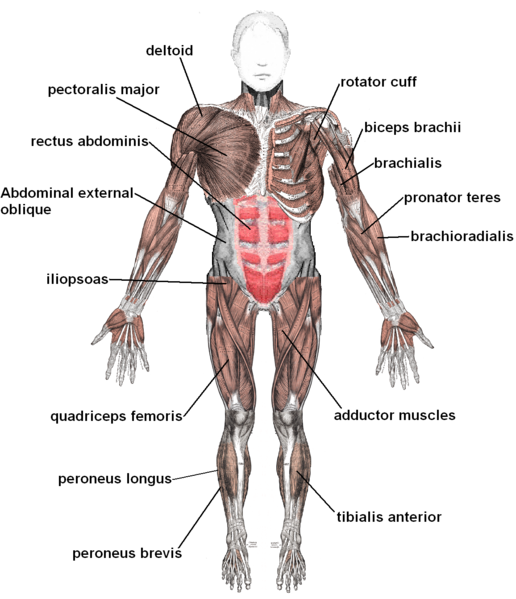A congenital heart defect is a problem with the structure of the heart. It is present at birth. Congenital heart defects are the most common type of birth defect. The defects can involve the walls of the heart, the valves of the heart, and the arteries and veins near the heart. They can disrupt the normal flow of blood through the heart. The blood flow can slow down, go in the wrong direction or to the wrong place, or be blocked completely.
Doctors use a physical exam and special heart tests to diagnose congenital heart defects. They often find severe defects during pregnancy or soon after birth. Signs and symptoms of severe defects in newborns include
Rapid breathing
Cyanosis – a bluish tint to the skin, lips, and fingernails
Fatigue
Poor blood circulation
Many congenital heart defects cause few or no signs and symptoms. They are often not diagnosed until children are older.
Many children with congenital heart defects don’t need treatment, but others do. Treatment can include medicines, catheter procedures, surgery, and heart transplants. The treatment depends on the type of the defect, how it is, and a child’s age, size, and general health.
NIH: National Heart, Lung, and Blood Institute
 howMed Know Yourself
howMed Know Yourself


